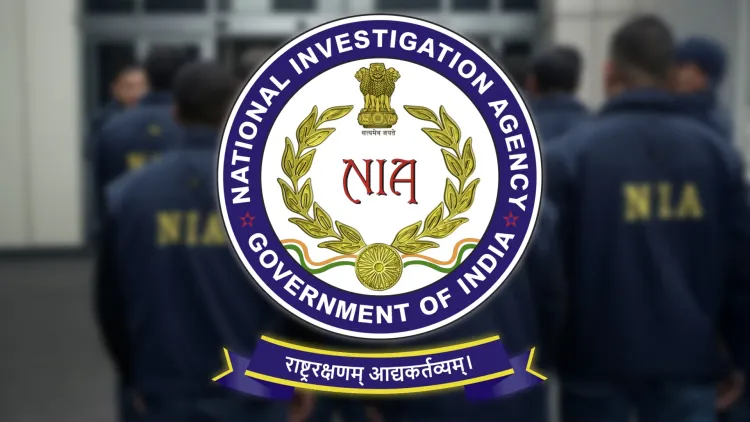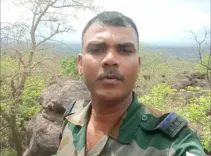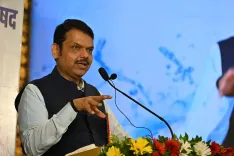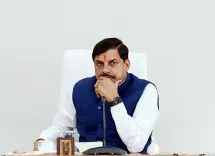Did the NIA Charge a Maoist for the Targeted Killing of an Army Jawan?

Synopsis
In a significant development, the NIA has charged Maoist member Ashu Korsa for the assassination of Indian Army jawan Motiram Achala in Chhattisgarh. The case highlights the ongoing battle against insurgency in India, emphasizing national security and the challenges faced by authorities in combating such threats.
Key Takeaways
- Ashu Korsa has been charged in connection with the assassination of an Army jawan.
- The case reflects the ongoing struggle against Maoist insurgency in Chhattisgarh.
- The NIA is actively working to uncover additional conspirators.
- The attack was intended to instill fear among local communities.
- The case emphasizes the need for enhanced security measures.
Raipur, June 7 (NationPress) The National Investigation Agency (NIA) has submitted a chargesheet against Maoist operative Ashu Korsa regarding the targeted murder of Indian Army soldier Motiram Achala in Chhattisgarh.
This chargesheet, presented in the NIA special court in Jagdalpur, details Korsa's role in a broader conspiracy led by the outlawed CPI (Maoist) aimed at eliminating Achala.
Achala was tragically shot dead on February 25, 2024, while he was in his hometown attending a local festival in Useli village, located in the Amabeda region of Kanker district.
The attack occurred in broad daylight and was designed to instill fear among the community and deter any support for security personnel.
Initially reported by local authorities, the case was handed over to the NIA on February 29, 2024, due to its implications for national security.
Investigations have uncovered that Korsa was an active member of the armed wing of the Kuyemari Area Committee under the North Bastar Division of the CPI (Maoist).
In collaboration with a senior Maoist leader, he was instrumental in locating Achala and executing the attack.
This incident is part of a larger tactic employed by the insurgent faction to assert their influence in the region and intimidate the civilian population.
Korsa was apprehended by the NIA in December of the previous year, which marked a crucial advance in the investigation.
His arrest highlights the entrenched network of Maoist insurgency in Chhattisgarh, where armed groups consistently challenge state authority through violent actions.
The agency has invoked various sections of the Indian Penal Code, including charges of murder and criminal conspiracy, alongside provisions of the Unlawful Activities (Prevention) Act.
The investigation continues as officials strive to identify other conspirators and gauge the full scope of the Maoist network involved in the assault.
The NIA's initiatives signify a broader commitment to dismantling insurgent activities and reestablishing order in the affected areas. Security forces are actively monitoring the situation to ensure that those accountable for such acts of violence face justice.
This case is a stark illustration of the ongoing dangers posed by extremist factions operating in India's conflict-affected regions.






